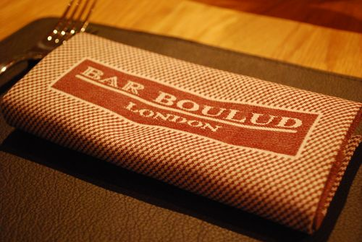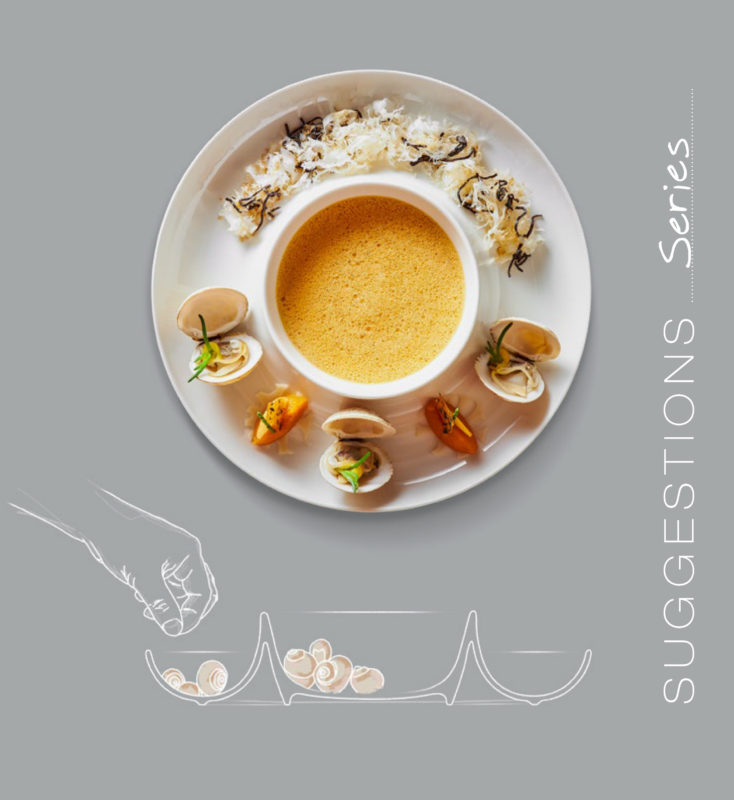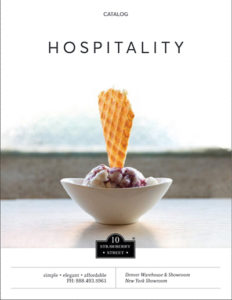We’ve received a number of inquiries and discussions about glassware, particularly wine glassware and its is important in the overall postioning of a restaurant’s brand. So, we thought we would ask an expert in wines and branding.
David Varielle has been working as sommelier since 18 years, initially in his native France. His first job was in Auxerre near Chablis as apprentice sommelier in a Michelin starred restaurant which specialized in fish and fruit de mer with no meat at all. Following this experience David worked selling Baccarat and Saint-Louis crystal in a luxurious shop for art de la table. After 2 years David moved back to being a sommelier and worked in various place like L’esperance, Marc Meneau (3 Michelin stars), La Cotes Saint-Jacque of the frere Lorain (3 Michelin stars, as well) and various places in Tours and Bordeaux.
Varielle’s UK experience began 5 years ago when he was appointed head sommelier at L’enclume in Cartmel, Lake District and then moved to become Sommelier in the Hotel de vin group for the newly opened Hotel du vin in Cambridge. Three years ago Vareille was named Head Sommelier for the Bleeding Heart restaurant in London. Finally, and most importantly, David Vareille joined Bar Boulud, London at the Mandarin Oriental Hotel in Hyde Park last year for the anticipated opening in May 2010 and has been the Sommelier there since.
Q: What role – if any – in the overall branding of a restaurant does its glassware play? How does the glassware help (if, indeed, it does help) a restaurant differentiate its dining experience from other restaurants?
A: First of all, the glassware has to be representative of the product you serve in your restaurant – a luxurious venue deserves luxurious branding. The wine glasses have to reflect the type of beverage that you serve and it’s proven that the shape of some glasses can improve the wines – but not all of them. And bigger is not always better. Q: Glassware has nearly become a commodity. What differentiates one wine glass from another in your viewpoint?
A: The quality. As a professional, breakage is my prime concern and a solid glass with a strong stem is required. The shape is also very important and, of course, the price. When you find the perfect compromise, you are happy…and, in turn, your guest will be, as well.
Q: We see very specific glass shapes for a specific wine (special shape for Bordeaux, another for Burgundy, etc.)…this seems complicated in a restaurant setting. Does it make a discernable enough difference?
A: Not all Bordeaux wines need a special glass. It seems that sometimes the guest will expect a special glass with the most expensive wines to make the experience even more special – even if the decantation is sufficient enough from the wine’s point of view. It’s the same with the type of grapes or wine – some will need a special glass to extract the best of their flavors. For others, a special glass will not be needed, but is requested or desired anyway.
Q: What are the criteria for selecting a range of glassware that restaurateurs should use?
A: For the restaurant…..price, shape, strength. For the glasses, elegancy and accuracy in terms of shape.
Q: If you were giving advice to glassware manufacturers – what one piece of advice would you give them to help them develop a better product for restaurateurs and sommeliers like yourself?
A: Try to create something new and different rather than copying the main luxury brands. Don’t cut costs when producing as the guests will be able to tell when the quality is poor.
For more information on Bar Boulud in London, located in the spectacular Mandarin Oriental Hotel in Hyde Park (a stone’s throw from Harrod’s!)
go here:
http://www.danielnyc.com/barbouludLondon.html#intro








